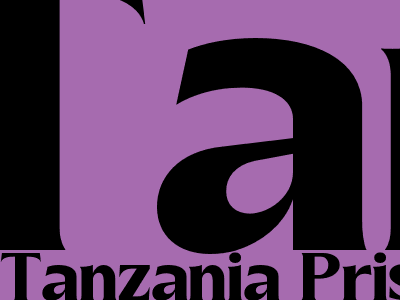Unlocking the Secrets of Tanzania's Prisons: A Comprehensive Guide
Introduction
Tanzania's prison system, a complex and multifaceted institution, plays a significant role in maintaining law and order within the country. Understanding its structure, operations, and challenges is crucial for informed discussions about criminal justice and societal well-being. This comprehensive guide delves into the inner workings of Tanzania's prisons, shedding light on their history, legal framework, and current practices.Historical Evolution
The origins of Tanzania's prison system can be traced back to the colonial era, when prisons were primarily used as instruments of punishment and social control. Post-independence, the system underwent significant reforms aimed at aligning it with the principles of restorative justice and rehabilitation. Today, Tanzania's prisons strive to balance security with rehabilitation programs designed to reintegrate inmates into society.Legal Framework
The Tanzanian prison system operates under a comprehensive legal framework that sets out the rights and responsibilities of prisoners, prison staff, and the government. The Prisons Act (Cap. 57) provides the overarching legal basis for the administration and management of prisons, while other laws and regulations address specific aspects such as prisoner rights, discipline, and rehabilitation programs.Prison Structure and Operations
Tanzania's prison system comprises a network of over 100 prisons and detention centers located throughout the country. These facilities vary in size and security levels, ranging from maximum-security prisons to open prisons with a focus on rehabilitation. The Tanzania Prisons Service (TPS), a paramilitary organization, is responsible for the administration and management of all prisons and detention centers.Prison Staff
TPS employs a diverse workforce of prison officers, warders, and other support staff who are responsible for the day-to-day operations of prisons. Prison officers undergo rigorous training to ensure they possess the skills and knowledge necessary to maintain security, manage inmates, and facilitate rehabilitation programs.Prison Conditions
Prison conditions in Tanzania vary depending on the security level of the facility. While some prisons struggle with overcrowding and limited resources, others provide inmates with access to basic amenities, healthcare, and educational and vocational training programs. The government is actively working to improve prison conditions and ensure that all inmates are treated humanely and in accordance with international standards.Rehabilitation and Reintegration
Tanzania's prison system places a strong emphasis on rehabilitation and reintegration programs aimed at reducing recidivism and promoting successful reentry into society. These programs include education, vocational training, counseling, and life skills development. Partnerships with non-governmental organizations and community-based organizations play a vital role in supporting inmates during and after their release from prison.Challenges and the Future of Tanzania's Prisons
Despite ongoing reforms and improvements, Tanzania's prison system faces several challenges, including overcrowding, limited resources, and the need for continued investment in rehabilitation programs. The government is committed to addressing these challenges and working towards a prison system that is both secure and rehabilitative, contributing to a safer and more just society.
Komentar